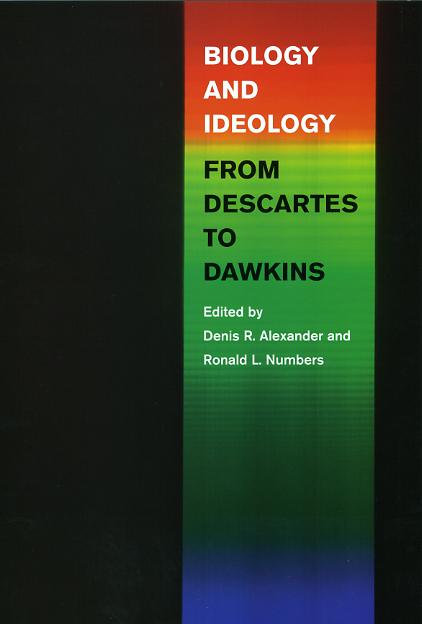The Ideology of Evolution, or the Evolution of Ideology
Press author Denis Alexander, director of the Faraday Institute for Science and Religion, has a piece up at the Huffington Post, as part of their new series of op-eds and commentaries, Religion and Science: A Contemporary Discussion.
In considering the ideological uses of science, Alexander makes a striking point about how certain biological ideas have been put to quite opposite ideological tasks throughout history, by different nations and at different times.
As he explains:
The ideological uses of science very often become tangled up in the debate between science and religion. Theories that for the scientist do practical work in the laboratory to make sense of certain data, and help map out the direction for future research, can be deployed in the world outside for or against various political, social, religious or anti-religious agendas. In the process the science becomes socially transformed, the original meanings of words in scientific discourse conveying quite different connotations.
Though Alexander makes use of the example of evolution, the world wide web has been agog with recent instances of this intertwining: philosopher Tim Crane’s post on The Stone blog at the New York Times, biologist Ursula Goodenough’s review of Stephen Hawking’s The Grand Design at NPR’s Cosmos and Culture, and Edward Achorn’s editorial on climate change in the Providence Journal, just to name a few.

For more information, be sure check out Alexander’s nod to his recent University of Chicago Press book, Biology and Ideology: From Descartes to Dawkins (coedited with Ronald L. Numbers), a collection of essays on how science has been put to work for a variety of nonscientific purposes, both benign and sinister, from the fifteenth century through the present day. Additional commentaries from the Huff Post‘s series are archived—and sure to foster debate on this timely topic.